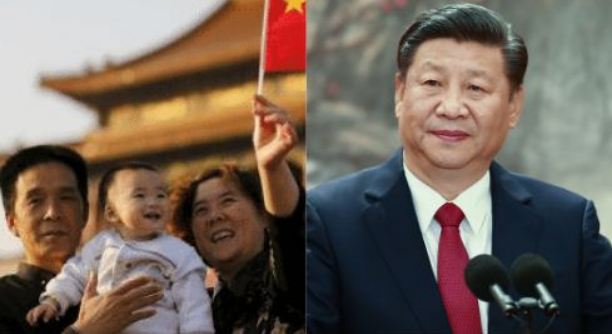There’s a new social practice in place in China. Buying women from rural areas for marriage in urban centres. The sex ratio is so in the nation skewered that males in urban cities do not have females left for marriage. Moreover, females who were brought up during the One-Child Policy period do not want to marry leaving a huge number of the male population with no one left to marry.
Daughters have no say in their maternal family matters after marriage and are considered to be a burden in rural China. Therefore, to acquire compensation for their sustainability, rural families often sell off their daughters, but the problem is more expansive than the sale and purchase of women in the country. The One-Child Policy had massive social repercussions and the biggest impact was felt in the rural areas. Moreover, due to a lack of economic and cultural reforms in rural China, the conservative, rigid, and male-centred patrilineal family system is deeply embedded in rural household units where virilocal marriage is popular.
Due to the patrilineal structure and rigid conservative nature of marriage in rural households, women are often sold to acquire compensation. Moreover, these women have no obligation to take care of their natal family, which hugely diminishes their role and respect, and the need for them to be taken care of by their biological families is hugely depreciated.
As a result, many natal families in rural China look for ways to get ‘compensation’ for having a daughter. By tagging their daughters with a ‘bride price’, the natal parents commodify them. Prospective brides’ parents will negotiate, reach an agreement, and make a contract with the prospective grooms’ parents from metropolitan areas. Those females from rural China are “sold” to their prospective grooms for an arranged marriage in urban China after the transaction terms and conditions are mutually agreed upon.
Besides, these women become even more vulnerable when they move to urban centres. Since most of these rural women have no social links with people from urban areas, when they migrate for marriage, they leave behind the safety net of their kinship lines. These females have no one to run to if they face any problems or threats levied by the grooms or their families.
So, why are women being sold and brought to urban centres? Is the sex ratio so skewed that there are no women left? Not necessarily. While the sex ratio is distorted, women who are eligible for marriage do not wish to marry anymore.
According to Chinese officials and sociologists, the decline is partly due to decades of policies aimed at reducing China’s population growth, which has resulted in fewer young people eligible for marriage. Experts claim that it is also a product of shifting attitudes towards marriage, especially among young women, who are becoming disillusioned with the institution as a result of its role in entrenching gender inequality.
Moreover, married life in China is not rosy at all, especially for women. In extreme cases, some even took to social media to insult their wives as being a “married donkey,” a derogatory term used to describe submissive women who conform to patriarchal rules within marriage in China.
The declining rate of marriage is a massive problem for Beijing. One of the repercussions of the One-Child Policy is the ageing population. Getting young people to have children is crucial to China’s efforts to avoid a looming demographic crisis that could threaten the country’s economic and social stability, as well as pose a challenge to the Communist Party’s rule.
The issue of the sale and purchase of women is an indicator pointing towards many social issues in China which can result in a massive demographic crisis brought upon by the One-Child Policy. And as China plunges deeper into the crisis, it is evident that it may never bounce back from its harrowing One-Child Policy.








